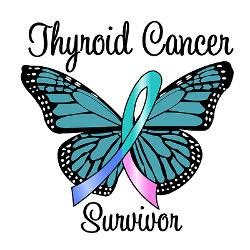Recently having ended nearly a decade of pain management physician-prescribed Morphine for the chronic pain in my spine, I find that the use of OTC (Over the Counter) medications are finding a definite place in my changing arsenal of treatments.
When opiates are prescribed and used as a part of your Chronic Pain Management program, it is common to see non-opiates either blended with the opiate, or used as an adjunct medication.
The most common OTC med found in opiates is Acetaminophen or APAP. (Brand name Tylenol) Most people have had some experience with Vicodin, being the most widely prescribed medication in the U.S. Vicodin (brand name) or Hydrocodone (generic) is mixed with APAP, and shown as the bottom number in all forms of the drug. Example= 5/500 means that there is 5 milligrams of Hydrocodone, and 500 milligrams of APAP. These are seen in the brands Loracet, Loratab and Norco.
There are dosage limits with any medication, and in the use of Acetaminophen, it is very important not to exceed 4,000 milligrams. Especially with long-term use, damage to the liver can occur, among other issues. I advocate patient education, and learning about the medications you use, including the dosage limits, is something everyone that is prescribed medication could benefit from. Your doctor loves a well-educated patient!
| Coated 200 mg ibuprofen tablets (Photo credit: Wikipedia) |
Used to augment a prescribed opiate, or alone as an adjunct to a non-opiate pain management program, these easy to obtain and relatively affordable over the counter medications are an excellent way to help manage your pain. Along with many, many others who experience life with the constant companion called PAIN, I understand that my pain is managed, not obliterated. That is reserved for after surgeries now, and living life without a long-term opiate pain medication is awesome--not only in it's clarity, but also in it's depth of my experience of pain.
I believe that when a chronic pain patient comes to a deep understanding that life will most likely be pain management vs. (total) pain relief, life will feel less on edge. If we lower expectations, and move towards acceptance of the situation, what we are dealing with this day, this pain, this life, well, it may just seem a little more tolerable.
Even a little less pain is a very good thing.
Gentle Hugs....


